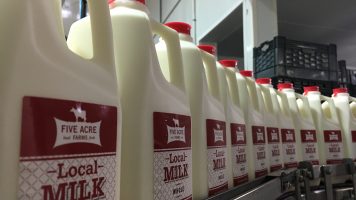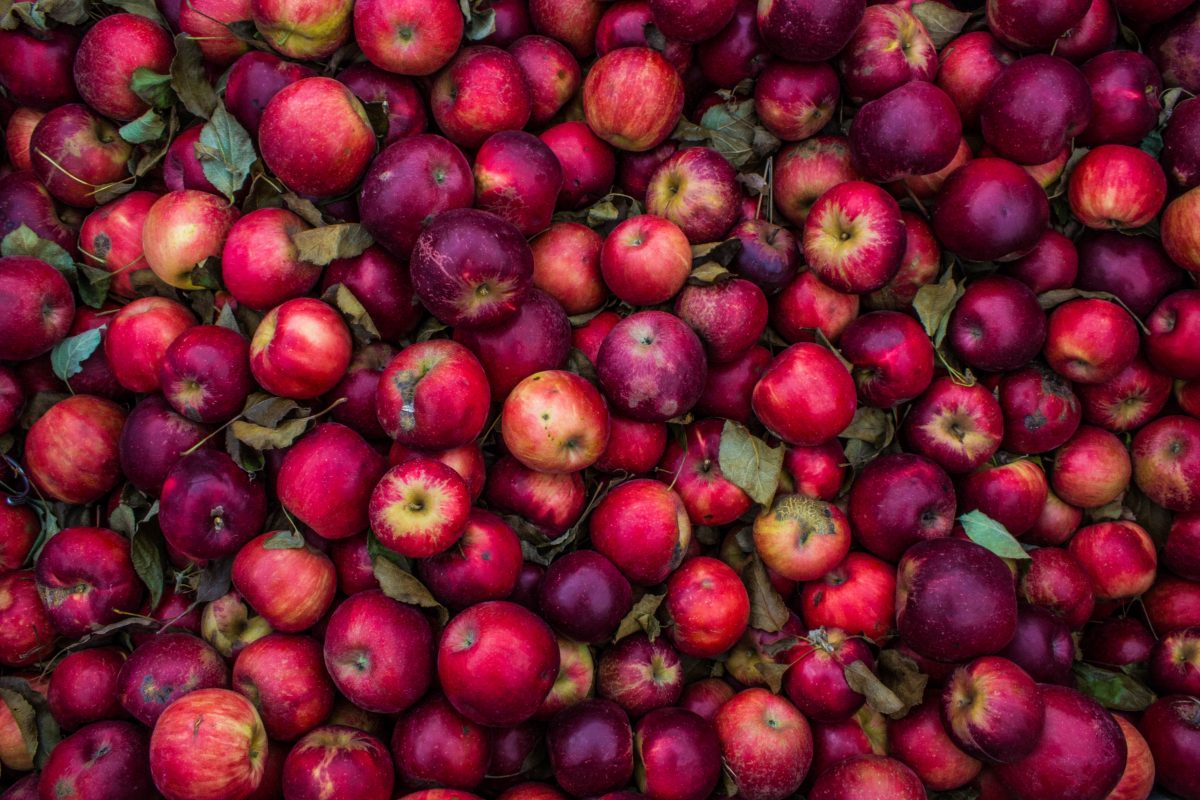Apples grow abundantly in many parts of the United States. It turns out, the best spot in the US for apple growth may be the Pacific Northwest where there are relatively low humidity and plenty of irrigation.
However, we all want to see apple farms continue to survive on the East Coast and elsewhere outside the Pacific Northwest. East Coast apple farms produce delicious fruit, collectively employ thousands of people, and keep us closer to our food sources and supplies. If consumers exclusively bought apples from the northwest corner of the country where they grow most efficiently (California might take issue here) — and therefore cost the least — consumers would also be supporting divestment in local economies, reduced diversification of resources, and increased risk in supply shock like we’ve just been through. Clearly, the word efficient needs to be re-examined.
Resiliency, in contrast, would maintain apples as regionally important – California, Pacific Northwest, Michigan and Minnesota, Pennsylvania, New York, Vermont, Maine, Virginia – to name but a few. It invests in the diversification of food sources, in local economies, in open land, and in good food. Resiliency is better for all that consumers value, including valuing how tasty the fruit is on their plate. It’s not really that much more expensive, either.
Do we want apple farms to remain on the East Coast? If we only let the price on the shelf determine our answer — and we erroneously think that “cost” is the same as the price of the end-product — very soon we will have no local apples. None. Just ask dairy farmers if this is overblown rhetoric. It’s not
So, what to do? If you are a processor, contract locally and let your customers know. If you are brand, ask your processor for local apples. If you are A grocery store or supermarket, make sure local is in your selection. If you are an end consumer, look for local. Apple season is coming. Wherever you shop, ask for local apples. Buy local apples.


